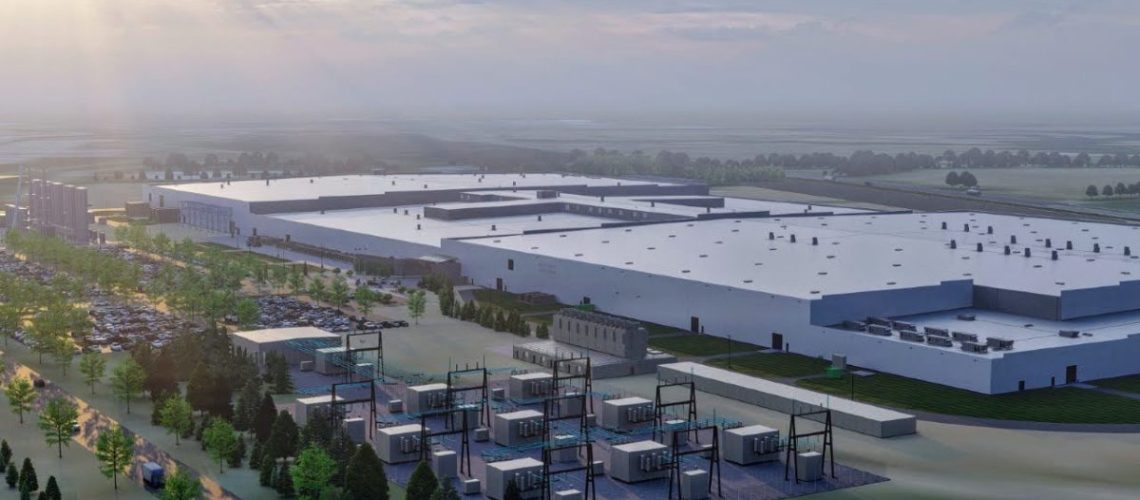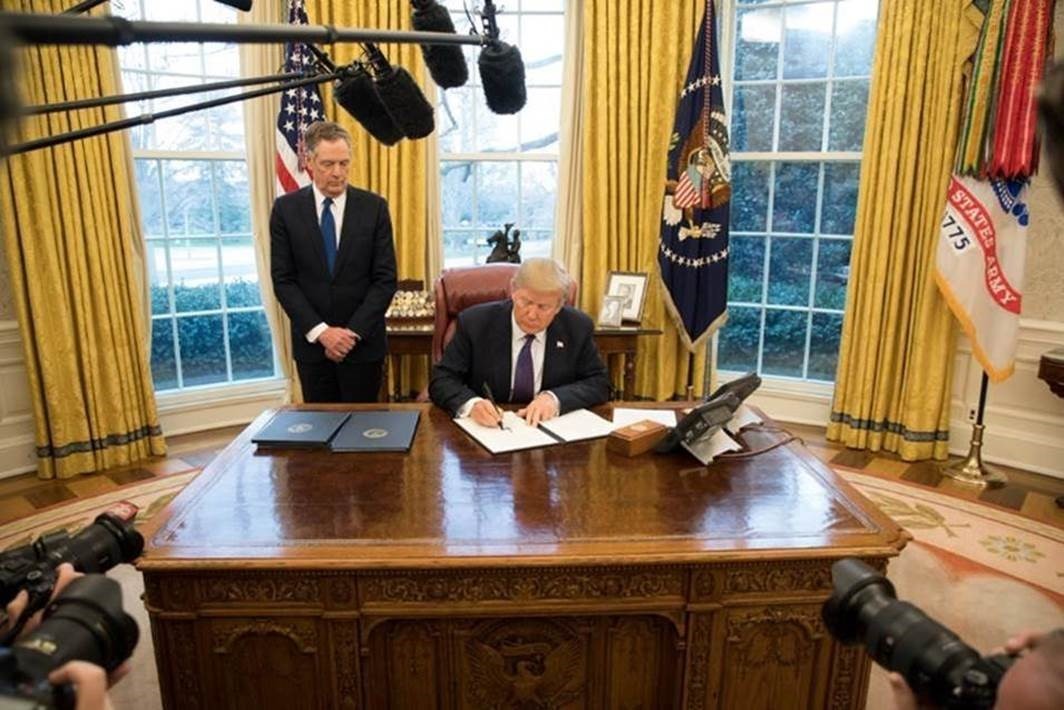Battery manufacturing facilities will be built in Tennessee, Ohio and Michigan to produce EV batteries under the Ultium Cell name.
The US Energy Department intends to loan Ultium Cells LLC, a joint venture of General Motors Co. and LG Energy Solution, $2.5 billion to help finance construction of new lithium-ion battery cell manufacturing facilities in Ohio, Tennessee, and Michigan.
The loan comes from the government’s Advanced Technology Vehicles Manufacturing (ATVM) loan program, which has $17.7 billion in loan authority to support the manufacture of eligible light-duty vehicles and qualifying components, authorized by the Energy Independence and Security Act of 2007.
In January of this year, LG Energy Solution announced a commitment to construct a $2.1 billion battery manufacturing plant in the Lansing, Michigan with General Motors to mass produce 50 GWh of EV batteries under the Ultium Cell brand.
Ultium devices are unique due to their large-format, pouch-style cells can be stacked vertically or horizontally inside a battery pack, enabling engineers to optimize energy storage and layout for each vehicle design.
“With a shared vision, GM and LG Energy Solution pioneered the EV sector by seizing new opportunities in the market well before anyone else did,” LG Energy Solution chief executive Young-Soo Kwon said. “Our third battery manufacturing plant, fittingly located in America’s automotive heartland, will serve as a gateway to charge thousands, and later, millions of EVs in the future.”
GM and LG are investing more than $7 billion via the venture to build three battery plants, according to a Reuters article. The Warren, Ohio plant is currently employing 700 workers and is planned to begin production next month. The Tennessee plant will start production in late 2023 and the Michigan plant in 2024, according to the Reuters report.
The DOE also recently announced a separate $60 million to support second-life applications for batteries once used to power EVs, as well as new processes for recycling materials back into the battery supply chain. These funding opportunities are part of the government’s strategy to bolster America’s supply chain and reduce the reliance on competing nations.
Currently China is the leader in the global lithium-ion battery production market, according to a Wood Mackenzie report. And while the United States is supporting its battery industry, China is investing heavily to build out more manufacturing facilities to extend its dominance. Secondarily, these initiatives support the President’s goal of electric vehicles making up half the vehicle sales in North America by 2030.
“Positioning the United States front and center in meeting the growing demand for advanced batteries is how we boost our competitiveness and electrify our transportation system,” said US Secretary of Energy Jennifer M. Granholm. “President Biden’s historic investment in battery production and recycling will give our domestic supply chain the jolt it needs to become more secure and less reliant on other nations—strengthening our clean energy economy, creating good paying jobs, and decarbonizing the transportation sector.”





